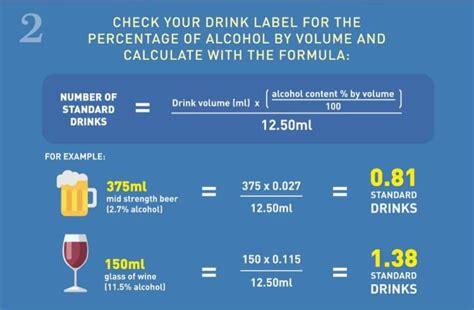How Long Does Alcohol Take To Wear Off? A Comprehensive Guide
Knowing how long alcohol takes to wear off is crucial for making safe and responsible decisions. There's no single answer, as it depends on several factors. This guide will break down the process, helping you understand the variables and make informed choices.
Factors Affecting Alcohol Elimination
Several factors influence how quickly your body processes alcohol:
1. Amount Consumed:
This is the most significant factor. More alcohol equals longer processing time. A single drink will metabolize much faster than binge drinking.
2. Your Metabolism:
Individual metabolic rates vary considerably. Faster metabolism means quicker alcohol elimination. Factors like genetics, body composition (muscle mass vs. fat), and overall health play a role.
3. Gender:
Generally, women process alcohol slower than men due to differences in body composition and enzyme activity.
4. Body Weight:
Heavier individuals tend to process alcohol slower per unit of alcohol consumed because the alcohol is diluted across a larger body mass.
5. Food Consumption:
Eating before and while drinking significantly slows alcohol absorption. Food acts as a buffer, reducing the amount of alcohol entering the bloodstream at once.
6. Type of Alcoholic Beverage:
While the alcohol content is the primary determinant, the presence of other substances in certain drinks can influence processing speed, though this is usually negligible compared to the other factors.
7. Medications:
Some medications can interact with alcohol, affecting its metabolism and potentially prolonging its effects. Always check for potential interactions before combining alcohol with medication.
How Long Does it REALLY Take?
There's no magic formula, but a general guideline is that your body eliminates about one standard drink per hour. A "standard drink" is defined differently depending on location, but generally contains around 14 grams of pure alcohol. This means:
- One standard drink: Approximately 1 hour to eliminate.
- Two standard drinks: Approximately 2 hours to eliminate.
- Three standard drinks: Approximately 3 hours to eliminate.
However, this is just an estimate. The factors mentioned above can significantly alter this timeframe. Feeling the effects of alcohol longer than expected is common.
Signs of Alcohol Still in Your System:
Even if you feel sober, alcohol might still be present in your system. Watch out for these signs:
- Impaired Coordination: Difficulty with balance or fine motor skills.
- Slowed Reaction Time: Delayed responses to stimuli.
- Impaired Judgment: Difficulty making rational decisions.
- Drowsiness or Fatigue: Excessive sleepiness.
When to Seek Help:
If you experience any concerning symptoms, such as severe nausea, vomiting, difficulty breathing, or loss of consciousness, seek immediate medical attention. These could be signs of alcohol poisoning.
Conclusion:
Understanding the factors influencing alcohol elimination is key to responsible drinking. Remember that these are guidelines, not guarantees. Always prioritize safety and make informed choices about your alcohol consumption. Never drink and drive. If you're struggling with alcohol, consider seeking support from a healthcare professional or support group.
